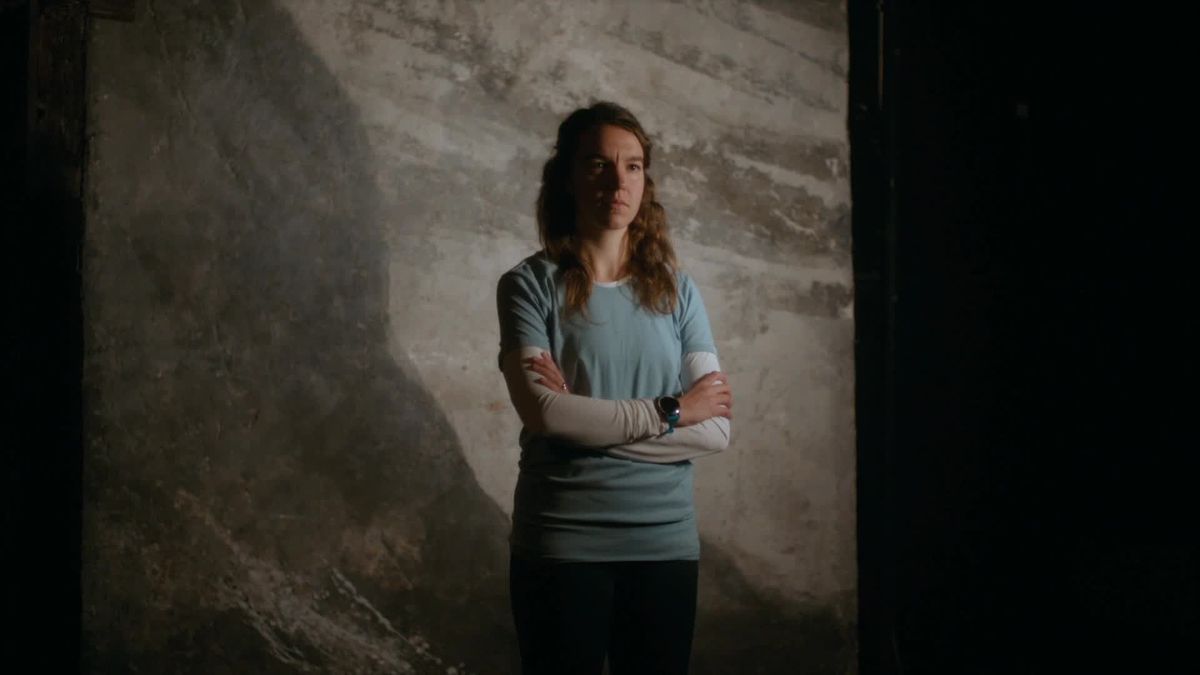Runners World, Part of the Hearst UK Wellbeing Network.
The British regulator, the MHRA, has said that the medication is safe and can be given to those most in need (for example, people will severe health conditions and elderly folk in care homes) early next week. The jab offers 95% protection against the virus. The country has ordered 40 million doses, enough to protect a total of 20 million people. The first 10 million (enough to protect 5 million people) should be available, soon. It will take months for this to be rolled out for all of those who are most at-risk – and longer for it to go nationwide – but this is seriously promising news.
An intense, co-ordinated global scientific effort means that this is the fastest ever vaccine to go from need to approval.
Of the news, Health Secretary Matt Hancock said this morning that that those eligible will be contacted by the NHS when they have a slot to receive the injection.
He said: 'I'm confident now with the news today that from spring, from Easter onwards, things are going to be better and we're going to have a summer next year that everybody can enjoy.' To get the vaccine distributed, around 50 hospitals are on standby. Meanwhile, centres devoted to vaccination are being being set up.
The vaccine, which has been developed by pharmaceutical outfit Pfizer and biotechnology company BioNTech, has been tested on a sweeping cohort of people: 43,500 in six countries.
How does the Pfizer vaccine work?
So, how does it work? This specific formula (right now, there are around a dozen other vaccines made by different organisations, in final stage testing) is experimental. It involves injecting you with part of the coronavirus's genetic code, in order to teach your immune system how to fend it off. Trials have shown that this vaccine trains your body to create both antibodies and T-cells, which work to nix the virus before it takes hold of your system. For it to work, you need two doses, three weeks apart.
What do the experts say about the Pfizer vaccine news?
Prof Liam Smeeth, Professor of Clinical Epidemiology, and Dean of the Faculty of Epidemiology and Population Health, London School of Hygiene and Tropical Medicine, said:
'The continued progress on vaccines is fantastic news. A route towards a much better situation in the UK is becoming clear. A further circuit breaker in January or possibly February is likely to be needed. But, it is realistic to hope that by March or April the vast majority of older people, care home residents, and those with severe conditions will have been immunised. We can then work towards wider immunisation – with ideally much of the population covered in time for next winter. Life won’t ever be the same as it was before Covid-19, but it will feel a whole lot better than now.
'For the foreseeable future – and maybe forever – we are very unlikely to reach the situation we are in with smallpox (gone), polio (almost gone), or measles (controlled in populations with high enough vaccine coverage). Instead, we are going to need to find ways to fairly happily live alongside this virus.
'Maintaining public confidence in the vaccine will be key. Complete, timely data on who has been vaccinated, where, and when will be of enormous importance as we continue to monitor not just coverage, but also safety and effectiveness. Ensuring this data is entered into peoples’ NHS general practice records is crucial. General practice has proven ability to rapidly vaccinate large sections of the population, and with adequate support, is ideally placed to lead the Covid-19 vaccination programme.
'Ensuring equitable global distribution remains a major challenge. And equity is the key. Many low-income countries with little resilience in their health systems and wider infrastructures face unimaginable challenges from Covid-19, and distribution of vaccines according to need will require affirmative action from richer countries, working with the World Health Organisation and other key players.'
Dr Michael Head, Senior Research Fellow in Global Health, University of Southampton, said:
'This is excellent news and a huge landmark in the global efforts to address this pandemic. The regulators have clearly been satisfied with the data presented to them.
'The Pfizer vaccine does require storage at around -70C, which will pose significant logistical challenges for all countries that choose to use it. These are not insurmountable but certainly challenging. Other vaccines, such as the Oxford AstraZeneca candidate, require storage at much lesser temperatures and will be simpler to transport. Given we will certainly need more than one licensed vaccine to maximise global coverage, everyone will still be eagerly waiting for further developments from Oxford and Moderna.
'Keely Hodgkinson: Sports Personality of the Year.'













